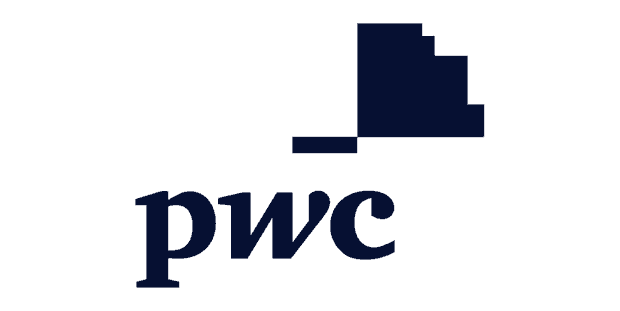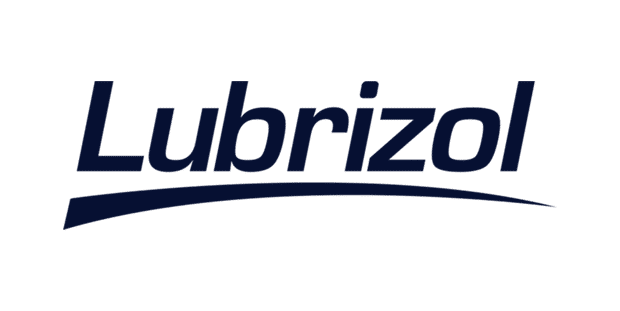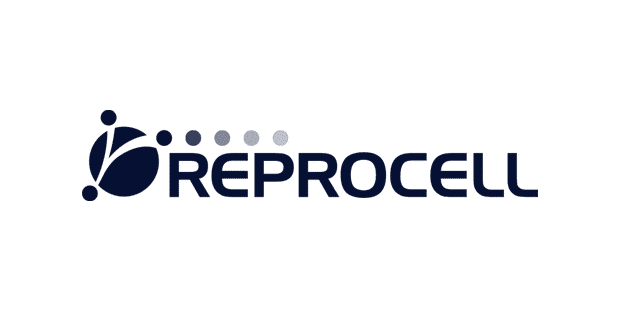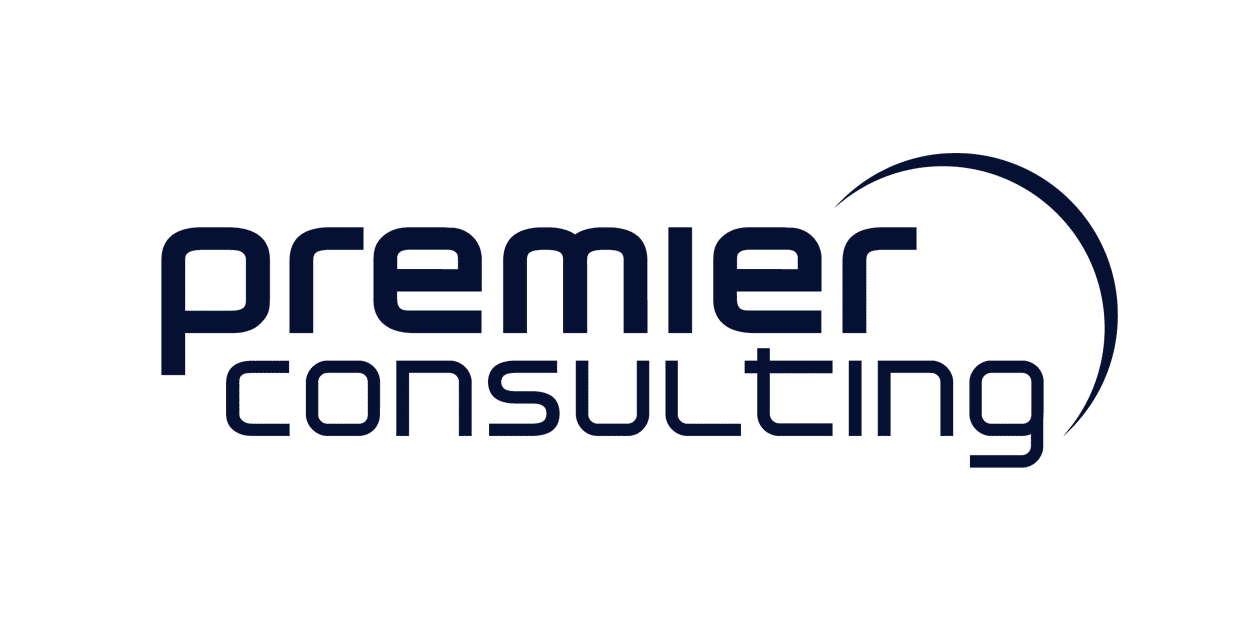We’re not defined by awards or our number of clients but by our relentless pursuit of project efficiency, great experiences, building friendships, and client success.





Our Digital Marketing Strategies
Having helped brands for close to 20 years, we know enterprise digital marketing and website optimization isn’t just about visibility – it’s about connection
Our omnichannel marketing agency efficiently architects digital strategy services that synchronize paid, owned, and earned media into multichannel marketing campaigns measured by daily revenue dashboards.
Growth marketing agency analysts collaborate with UX, CRO, and media teams to test offers, refine audiences, and optimize funnels in real time, turning data into compounding ROI.
The result is an online marketing solution and digital advertising agency partnership that accelerates acquisition, lifts lifetime value, and future‑proofs revenue against channel volatility.
Creative Services
Website Design
Brand Strategy
Content Creation
Brand Videography